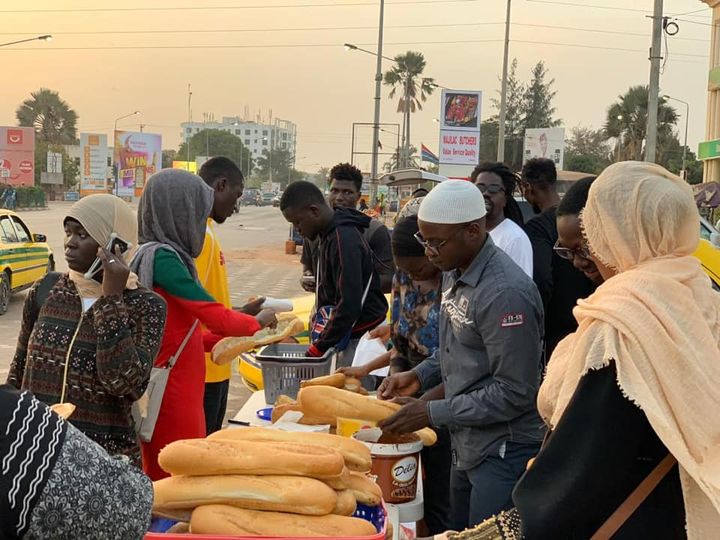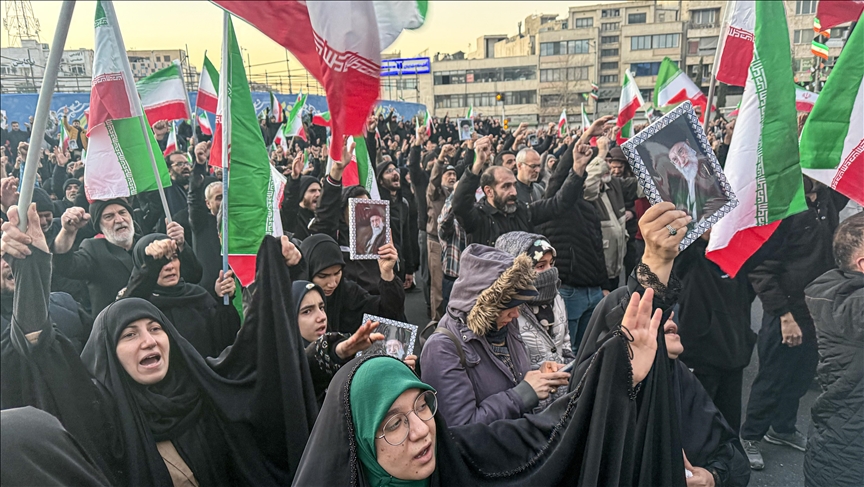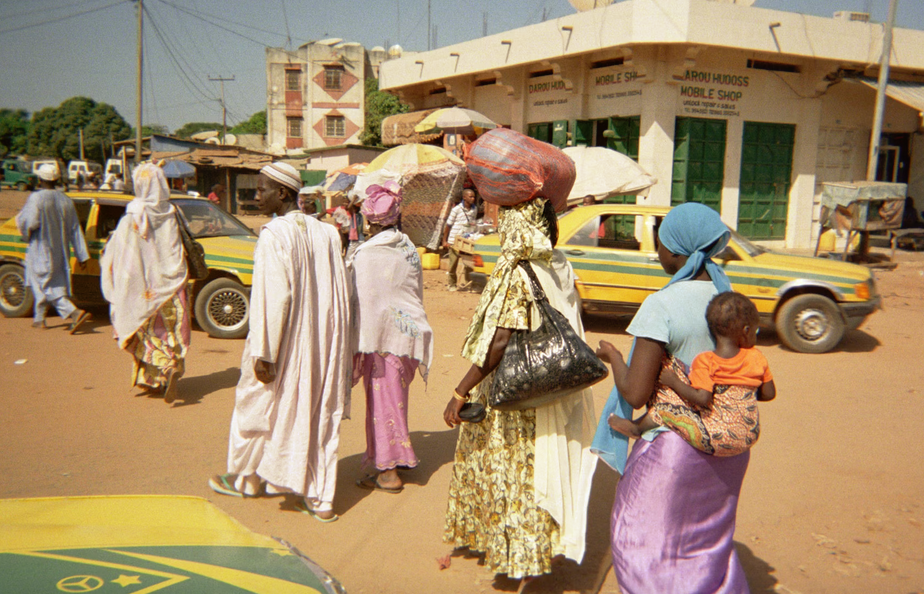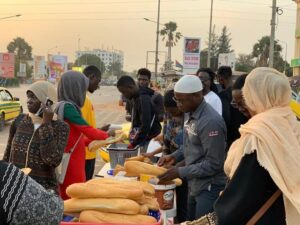Gambiaj.com – (DAKAR) – The International Rescue Committee (IRC) has issued a dire warning regarding the looming food crisis in West and Central Africa, particularly during the lean period between June and August. The organization’s analysis of 17 countries in the region, including the Gambia, Senegal, Mauritania, Mali, Burkina Faso, Chad, and Nigeria, among others, reveals that approximately 52 million people will face serious to famine-level food insecurity.
The analysis, based on the latest Cadre Harmonise report, which provides a unified tool for analyzing acute food and nutrition insecurity, indicates a worsening trend over the last five years. In the central Sahel region alone, comprising Senegal, Mauritania, Mali, Burkina Faso, Chad, Ivory Coast, Ghana, Togo, Guinea, Guinea Bissau, Sierra Leone, Benin, Nigeria, Cameroon, Niger, Gambia and Cape Verde, the number of affected people has risen to 7.5 million from 5.4 million last year.
The crisis is attributed to various factors, including conflicts, insecurity, and climatic shocks such as prolonged droughts and flooding. These conditions have led to significant internal displacement, with over three million people displaced in Burkina Faso, Mali, Niger, and Chad as of March 2024, marking an eight-fold increase compared to the previous five years.
Areas such as Chad, Mali, and northern Nigeria are facing the most severe impacts, with over two-thirds of analyzed areas classified as Phase 3 or 4 in the Integrated Food Security Phase Classification (IPC) acute malnutrition analyses. The situation is particularly alarming among children under five years old, with areas in Mali, Burkina Faso, and northern Nigeria reaching emergency levels of wasting.
Moreover, nutrition surveys have revealed high levels of acute malnutrition among adolescents and women of reproductive age, especially in humanitarian settings. In northern Nigeria, for example, acute malnutrition among women aged 15-49 ranges from 19 percent to 31 percent in Sokoto State and 11 percent to 19 percent in Zamfara State.
The IRC has called for immediate action to strengthen emergency response capabilities and ensure the rapid delivery of essential food and nutritional assistance to populations at risk. Such measures are crucial for safeguarding lives and mitigating the increased risk of malnutrition during the upcoming lean season.










